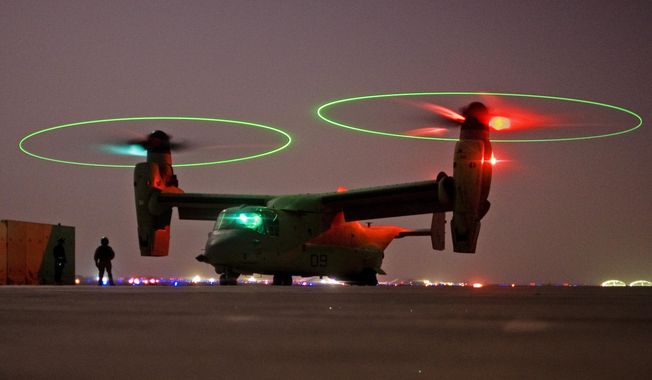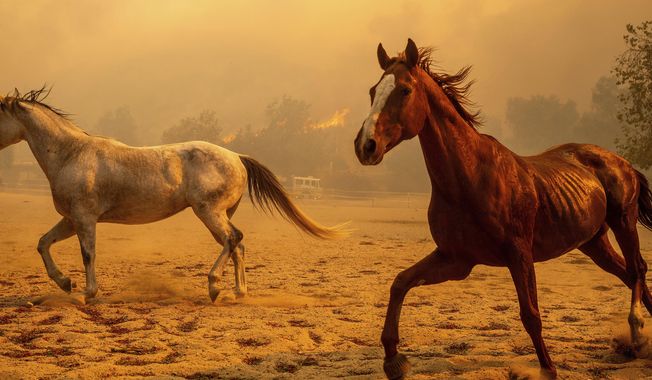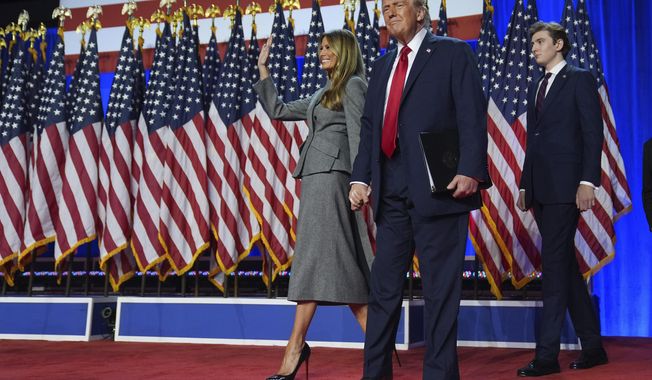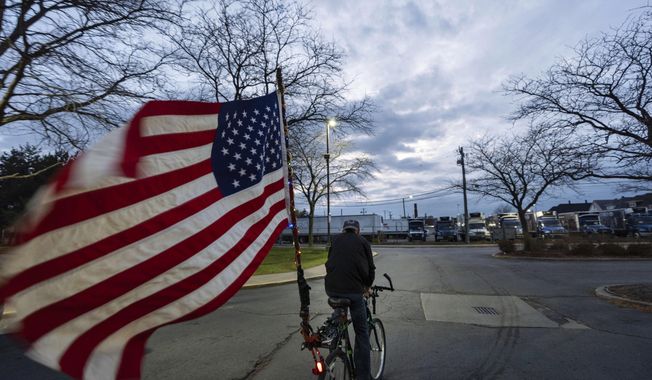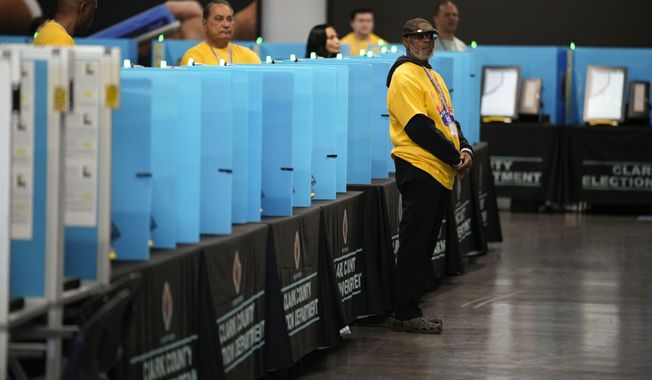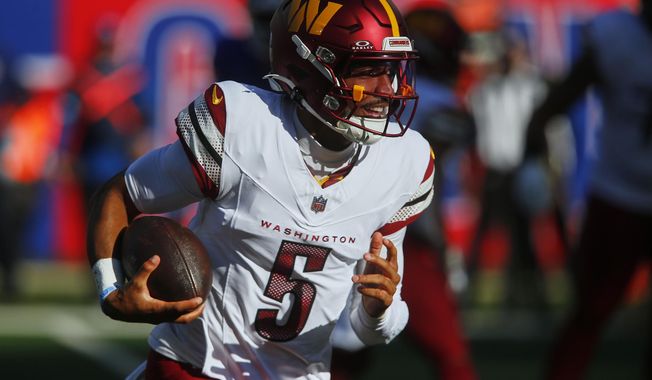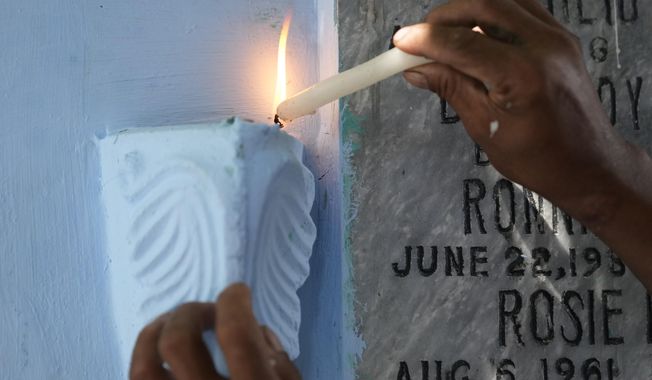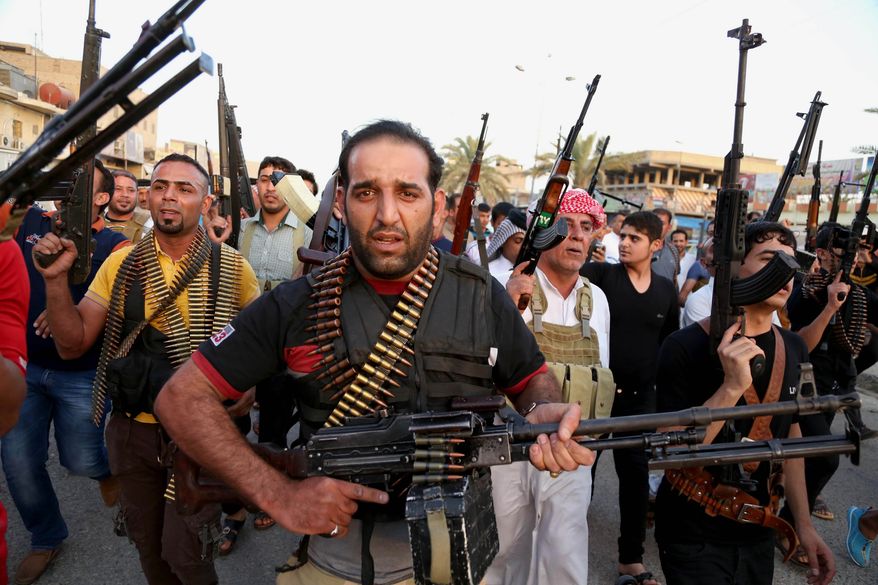
FILE - In this Friday, June 13, 2014 file photo, Iraqi Shiite tribal fighters deploy with their weapons while chanting slogans against the al-Qaida-inspired Islamic State of Iraq and the Levant, to help the military, which defends the capital in Baghdad's Sadr City, Iraq. Saudi Arabia and other Gulf petro-powerhouses encouraged a flow of cash to Sunni rebels in Syria for years. But now they face a worrying blowback as an al-Qaida breakaway group that benefited from some of the funding storms across a wide swath of Iraq. Gulf nations fear its extremism could be a threat to them as well. But the tangle of rivalries in the region is complex: Saudi Arabia and its allies firmly oppose any U.S. military action to stop the Islamic State’s advance in Iraq because they don’t want to boost its Shiite-led prime minister or his ally, Iran. (AP Photo/ Karim Kadim, File)
Featured Photo Galleries
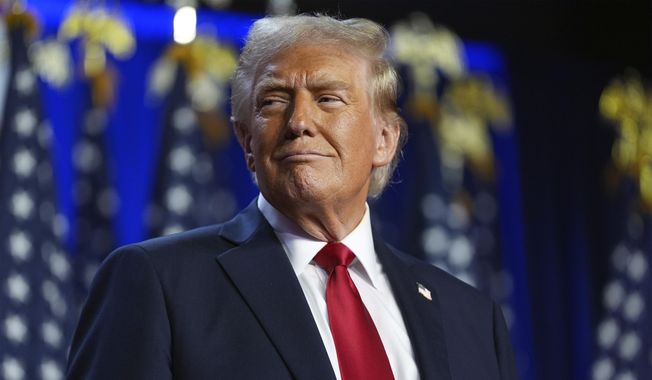
Trump Transition: Here are the people Trump has picked for key positions so far
President-elect Donald Trump has announced a flurry of picks for his incoming administration. Get full coverage of the Trump transition from The Washingon Times.
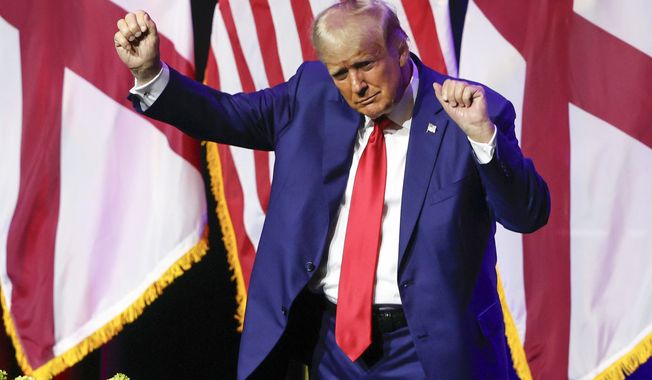
Trump dances onstage, takes post-election nation by storm
President-elect Trump dances onstage
